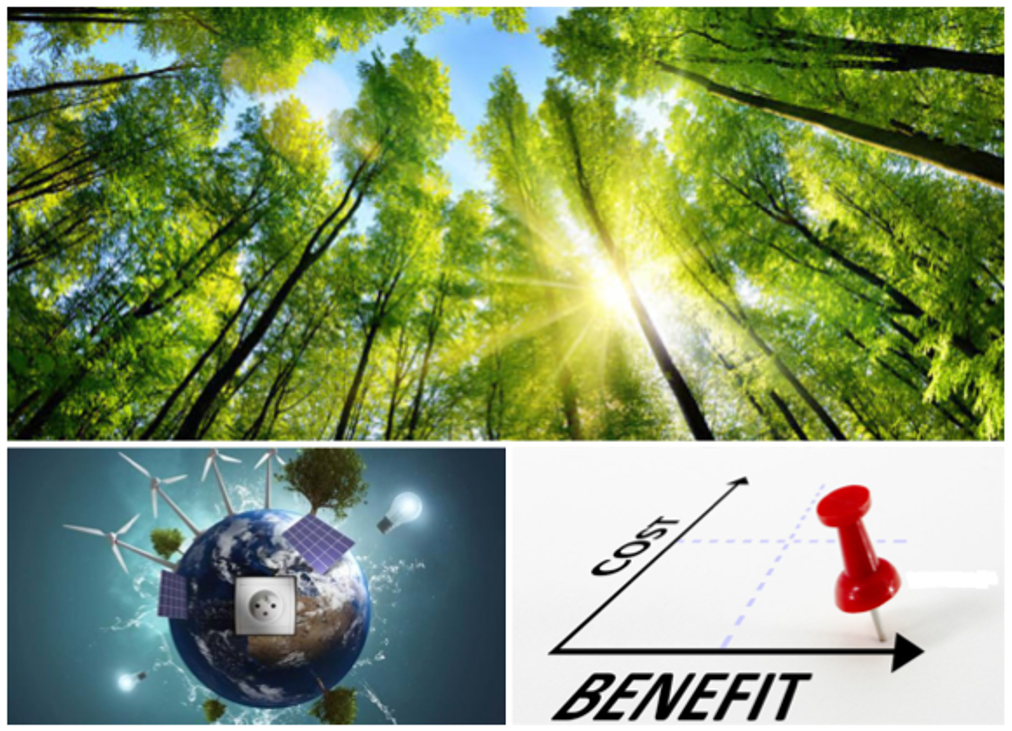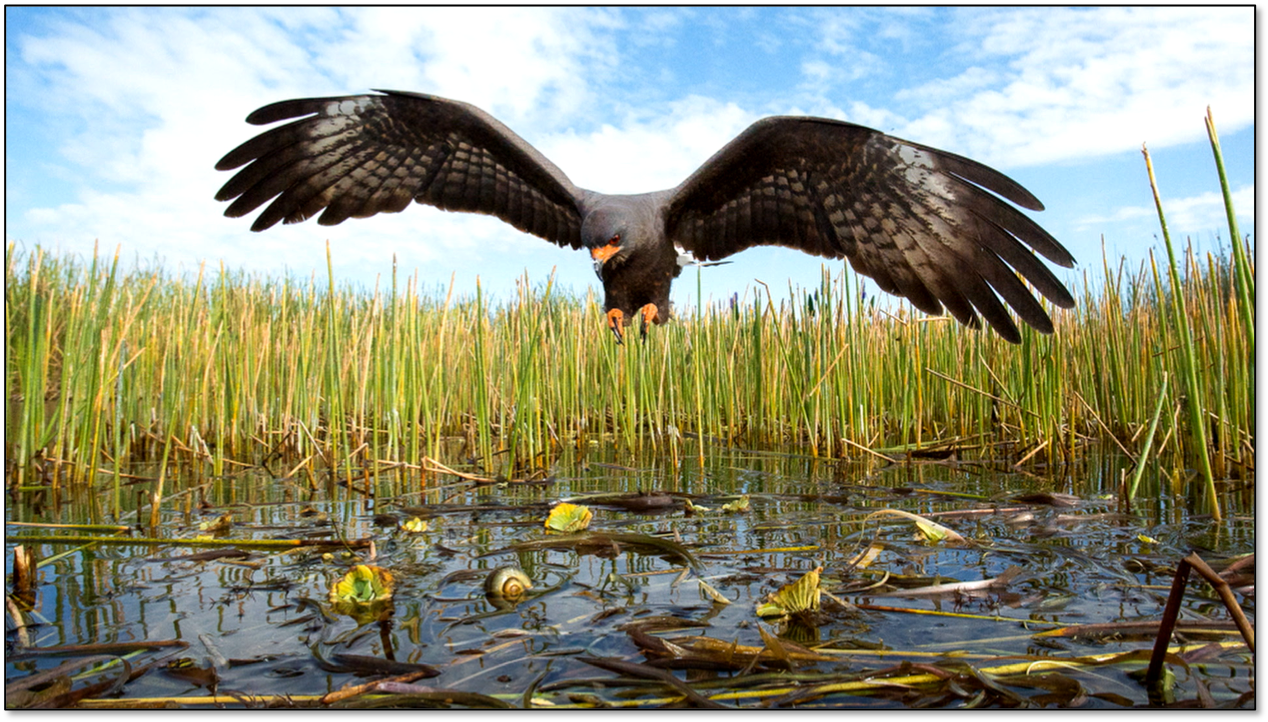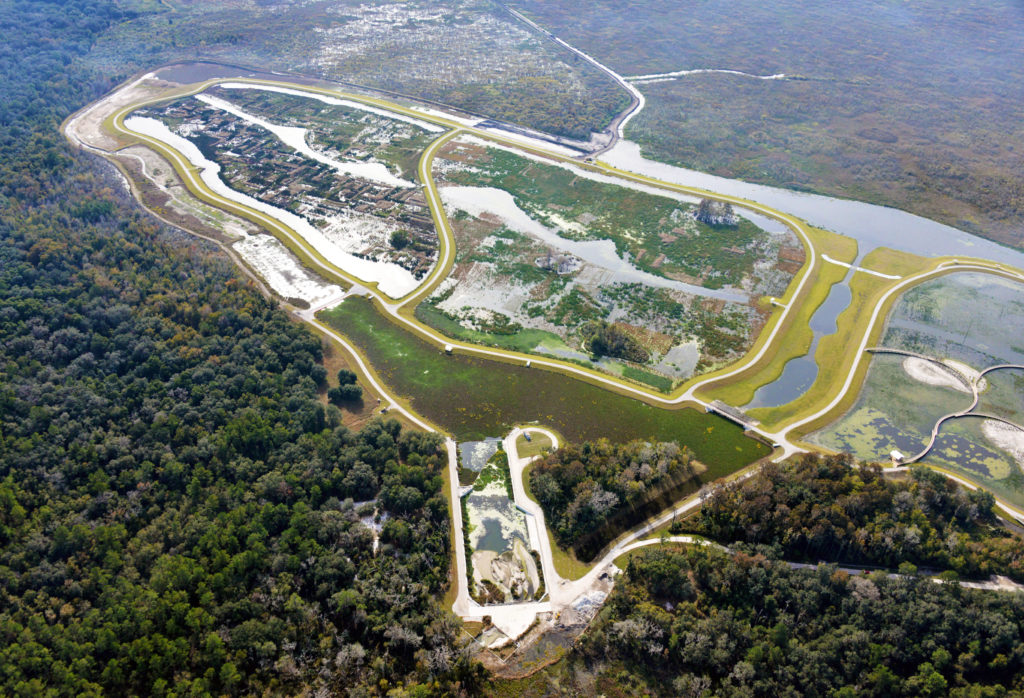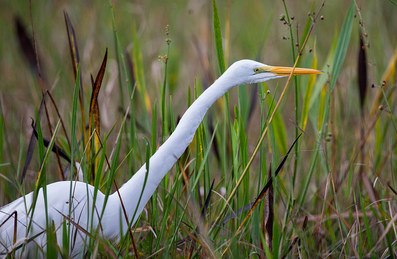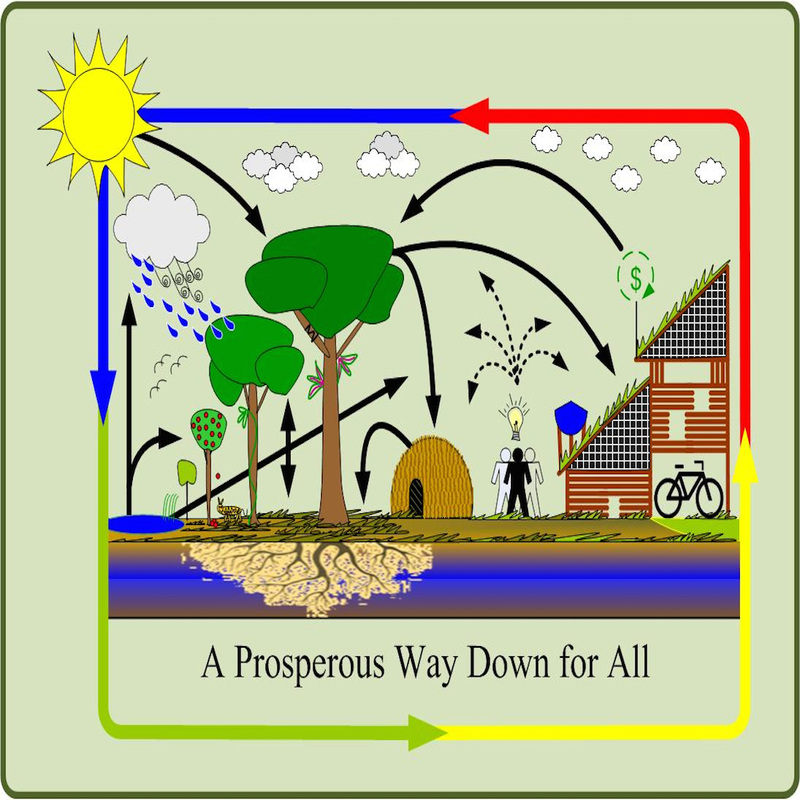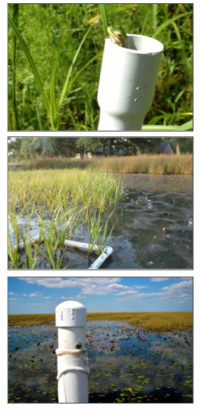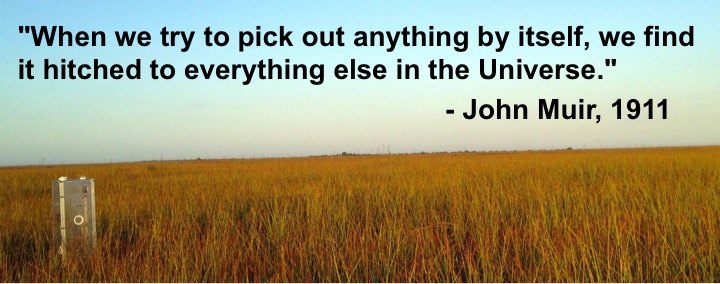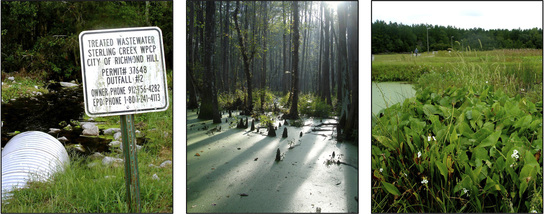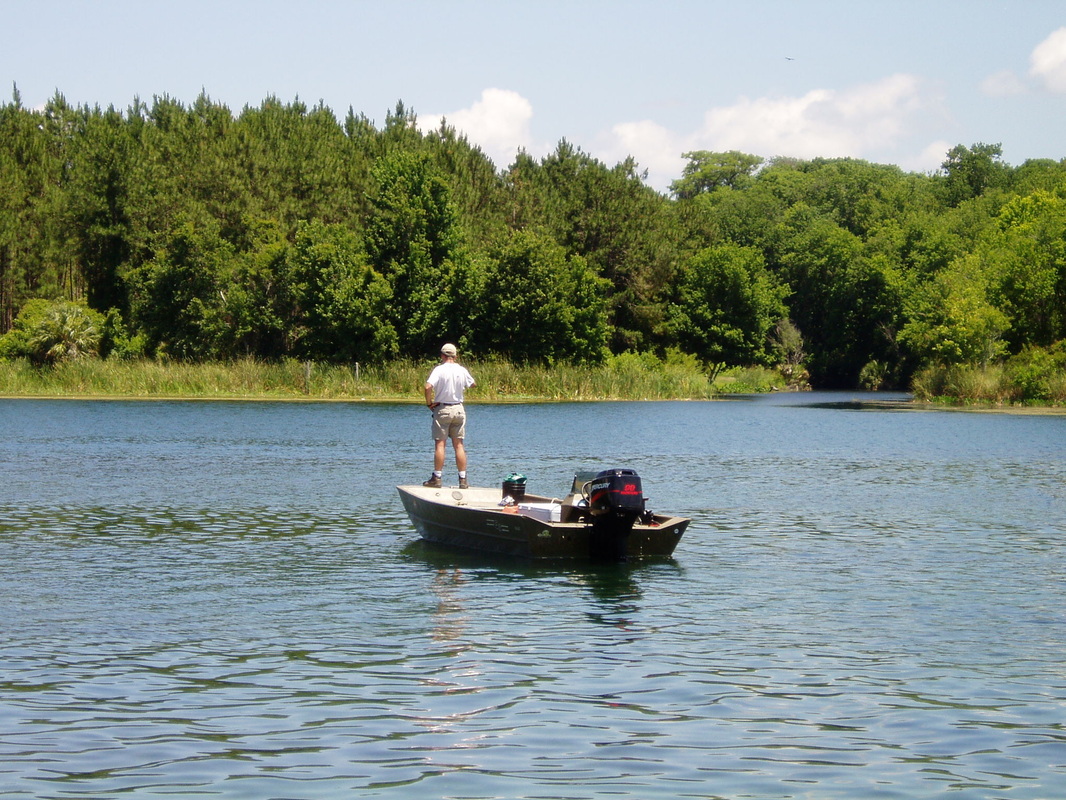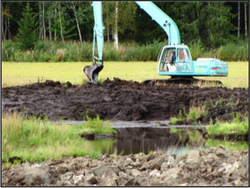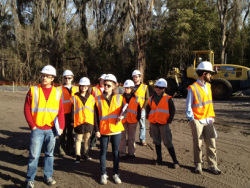|
Wetland Hydrology - 3 credits. Physical and biological processes affecting the storage and flow of water, solutes, and sediments in wetlands. Students will first learn to apply the basic principles of surface water and groundwater hydrology specific to wetland systems, including the development of wetland water balance models. Next, students will learn theoretical and applied approaches for describing wetland hydraulics and hydrodynamics and how this affects solute transport. Finally, students will develop solute transport models for natural and constructed wetlands. Throughout the course, we will focus on the ecological processes that affect (and are affected) by wetland hydrology.
|
Environmental Resources Management - 2 credits. Theory and application of engineering economics and systems analysis to the design of environmental management systems; introduction to the concepts of natural capital, environmental economics, and environmental policy instruments
|
|
Ecological Engineering - 3 credits. Application of ecological principles to natural resource management and problem solving. This course aims to provide students with: 1) a thorough understanding of ecosystems by describing the biotic and abiotic components, interactions, and physical drivers that define major ecosystem types and 2) an overview of how these systems are engineered and regulated.
|
|
Wetland Restoration and Design - 3 credits.
Applied and theoretical aspects of wetlands use for water quality management; natural and constructed treatment wetlands; engineering and ecology of wetland systems; design for sustainability and ancillary benefits. Theoretical and applied aspects of the restoration and management of wetland ecosystems. |
|
(Un)Common Reads: A Prosperous Way Down - 1 credit. The goal of this course is for students to understand the physical bases for resource and energy limitations and to discuss the potential for human societies to incorporate this knowledge into future planning, economic, and legal frameworks. The course uses HT and Elizabeth Odum's A Prosperous Way Down as a central text to understand energy and resource accounting and limitation. Discussion focuses on the book’s approach as a foil to other dominant economic and environmental paradigms.
|
|
Wetland Ecology - 3 credits. Defining and classifying major wetland ecosystems, formation of wetlands, wetland functions and values; wetlands ecological engineering and management; and integrating wetlands into developing landscapes.
|
Applied Ecology - 2 credits. Application of ecological principles to technological resource management and problem solving.
